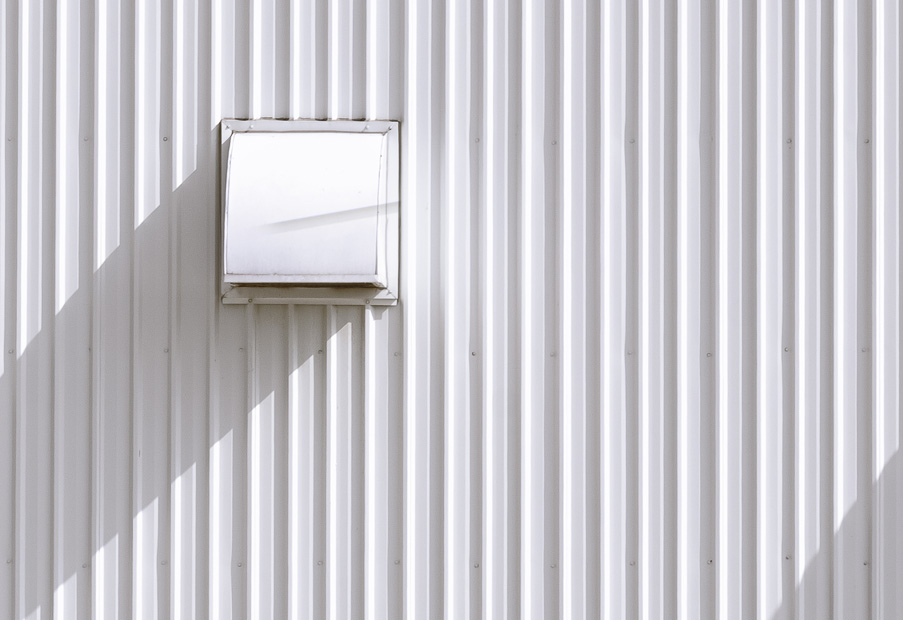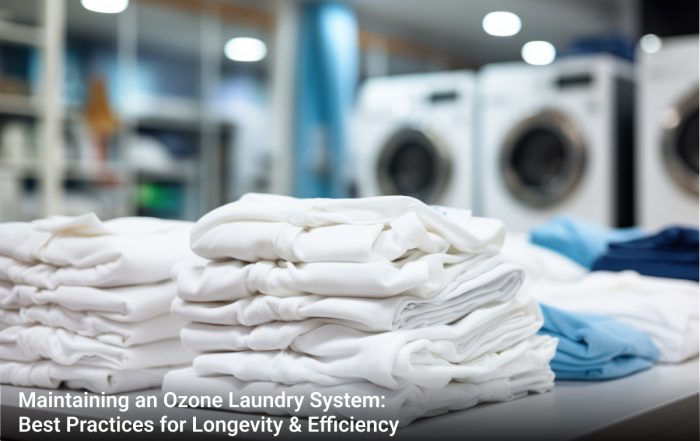The ABCs of cleaning your dryer vents

Cleaning out your dryer’s lint screen between every load is a good start, but it’s actually not enough to keep your dryer operating safely and effectively.
Even if you’re diligent about cleaning your lint screen, there may be a build up of lint and debris that extends into your dryer’s ventilation system. This can end up causing a lot of problems if you aren’t carefully checking the ducts and vent.
We’ll walk you through the ABCs of why you should be inspecting your dryer vents regularly and give you a few extra tips to keep your dryer running smoothly.
Avoidance of risk
Probably the biggest reason you should pay attention to lint trapped inside your dryer vents is that it poses a big risk to your family. According to the US National Fire Protection Association, dryers are responsible for thousands of home fires each year, causing deaths, injuries, and millions of dollars in property damage.
A blocked vent can also contribute to carbon monoxide buildup inside your home. This gas is colourless, odourless, and tasteless, but can be extremely dangerous. Undetected, carbon monoxide can lead to unconsciousness and even death. Your dryer vents should be regularly maintained to ensure that any gas is able to escape your home through the vent instead of accumulating in your living space.
Bill reduction
The cost of everything seems to be increasing these days, but maintaining your dryer vent is an easy way to help reduce your household bills. A blocked dryer vent means that your dyer will have to work harder to dry your clothes, expending as much as a third more energy than necessary. This also causes additional wear and tear on your dryer and can lead to preventable and expensive maintenance issues.
If your dryer vent is blocked with lint and debris, warm, moist air from inside your dryer can’t escape, and your clothing will still feel damp. You may end up running extra dryer cycles at an added expense. If your clothes are taking longer to dry than usual, it’s a good indication that you should have your vents cleaned professionally, which will also prevent mould caused by this moisture.
Critter prevention
Lint and debris buildup can affect your duct hood, which is where your ducts vent to the exterior of your home. If it can’t close properly, it allows access for cold air to enter your home, increasing your heating and drying bills. It can also become a welcoming entry point for rodents, insects, or even birds.
Critters can find their way into your home or take up residence inside the ducts, leading to even more problems with ventilation. This also introduces additional allergens and irritants into your home. Regular preventive maintenance, including annual professional cleaning, will prevent both cold drafts and unwelcome pests from finding a way into your house.
Dryer vent hood maintenance
Regularly check the state of your exterior hood. This is the flap or hinged door located on the exterior of your home that connects to your dryer’s ventilation system. The area should be clear of lint, snow, and debris, and the hinges should open and close easily to allow for ventilation while preventing anything from entering the duct from outside.
If the hinges aren’t working smoothly, use a silicone spray to lubricate them so they lift easily. Check for crumbling or peeling caulking around the edges and remove it carefully with a utility knife before applying fresh caulking. Gaps should be filled with spray foam insulation to prevent rodents and cold drafts from getting in.
Expert cleaning services
Even if you’re checking your lint screen between every load and regularly inspecting your exterior vent door, it’s a good idea to book an annual professional cleaning of your dryer vent.
Proper cleaning effectively removes dryer lint and debris in hard-to-reach places, reducing the risk of fire or insufficient ventilation. Plus, you’ll benefit from lower operating costs and help protect the longevity of your dryer.
Maintaining your dryer doesn’t have to be complicated. Keep it simple by following our advice for safe and effective dryer operation.
Recent Posts
Maintaining an Ozone Laundry System: Best Practices for Longevity & Efficiency
Ozone laundry systems have become a trusted solution for commercial facilities seeking effective disinfection, lower utility costs, and reduced reliance on harsh chemicals. These systems use ozone gas—a powerful natural oxidizer—to sanitize laundry with cold [...]
Top Features to Look for in Vended Laundry Equipment
Choosing the right vended laundry equipment can make all the difference in the success of your commercial laundry facility. Whether you operate a laundromat, run laundry rooms in multi-unit housing, or manage facilities at a [...]
How to Prevent Bacteria & Mold in Sports Laundry
In gyms, schools, training facilities, and sports clubs, laundry isn’t just about keeping uniforms clean—it’s about safeguarding hygiene, protecting skin, and ensuring that expensive athletic gear lasts. Sports laundry faces unique challenges, from synthetic materials [...]



